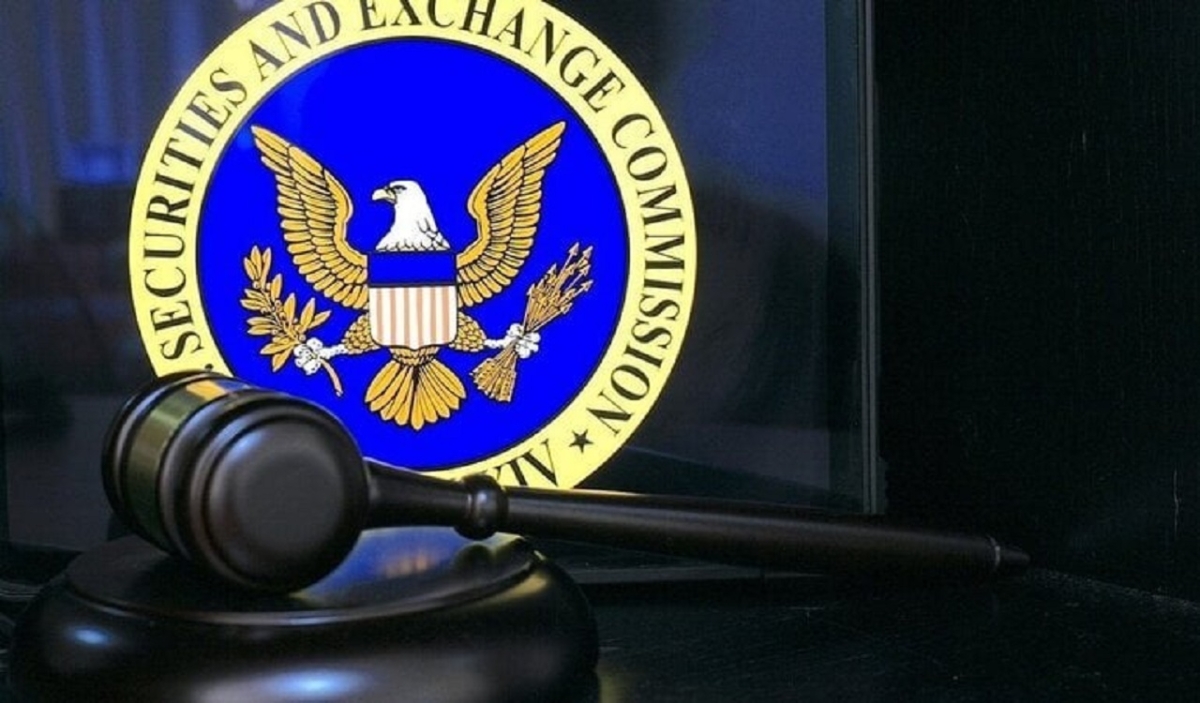The SEC broke new ground by targeting a Los Angeles-based entertainment company. The regulator argued that the NFTs the company sold were securities. It is a matter of curiosity how this development will affect the crypto money market.
SEC sues entertainment company Impact Theory
In a sanction decision announced Monday, the US Securities and Exchange Commission (SEC) accused Los Angeles-based entertainment company Impact Theory of issuing an unregistered security through Non Fungible Tokens (NFT). Thus, the SEC is expanding its definition of what types of cryptocurrencies qualify as securities. The lawsuit breaks new ground by determining that NFTs fall within the agency’s jurisdiction.
Antonia Apps, Director of the SEC’s New York Regional Office, made a statement on the subject. “Proposals of securities must be registered, in whatever form, unless there is a valid exemption,” Apps said.

It is controversial that these cryptocurrencies are securities!
The question of whether NFTs qualify as securities has remained open for several years. Before the SEC could look into the matter, a group of NFT collectors sued Dapper Laps in the District Court for the Southern District of New York. This case remains the most high-profile case to address the issue. The plaintiffs claimed that the crypto firm made hundreds of millions of dollars by selling unregistered securities.
Dapper Labs requested the lawsuit be dismissed last year. However, a judge ruled in February that the case could move forward, concluding that it was “reasonable” to qualify NFTs as securities. Dapper continues to argue otherwise. A Dapper spokesperson made the following statement on the matter:
Courts have repeatedly found that consumer goods, including art and collectibles such as basketball cards, are not securities under federal law.

Impact Theory has raised $30 million with these cryptocurrencies!
The difference, according to the judge, is that for traditional collectibles, the value would not be affected if the manufacturers in question went bankrupt. In NFTs, where the developer also manages the Blockchain technology behind a collection, it’s possible that its value is intertwined with the company’s success. In Monday’s lawsuit, the SEC said Impact Theory offered three tiers of NFTs, called Founders’ Keys, between October and December 2021, encouraging investors to view the acquisition as an investment in the business. According to the SEC, Impact Theory said it was “working to build the next Disney” and that NFTs would offer “enormous value” to buyers if the business were successful.
In a separate order, the SEC included public statements by the company’s founders. “We like to say that everything we do as a company unlocks your future,” the company said about NFTs. This is an implied acknowledgment that the product is a security or an investment contract, according to the SEC. Impact Theory has sold nearly 14,000 NFTs to hundreds of investors. The company raised almost $30 million in Ethereum this way. Impact Theory did not accept or deny the SEC’s claims. However, he accepted a cease and desist order. Besides that, he settled for a $6.1 million fine and a civil penalty. It will also return all proceeds from cryptocurrency (NFT) sales to investors.

How will the development resonate in the crypto market?
It is unclear whether this sanction will be an opening salvo against the broader NFT industry. The SEC has yet to file any lawsuits against major players in this space, such as Dapper Labs. cryptocoin.com As you follow in October 2022, the SEC sought to prove whether Yuga Labs, creator of the popular Bored Ape Yacht Club NFT collection, was offering unregistered securities. However, the SEC has yet to file an accusation.
The broader cryptocurrency industry often complains that SEC Chairman Gary Gensler is engaging in a policy of “regulation by sanction” by filing lawsuits against firms without making rules to clarify the agency’s mandate or how companies can comply. Gensler says the industry is “ridden with fraud, fraud and abuse.” It also argues that existing rules are sufficient








